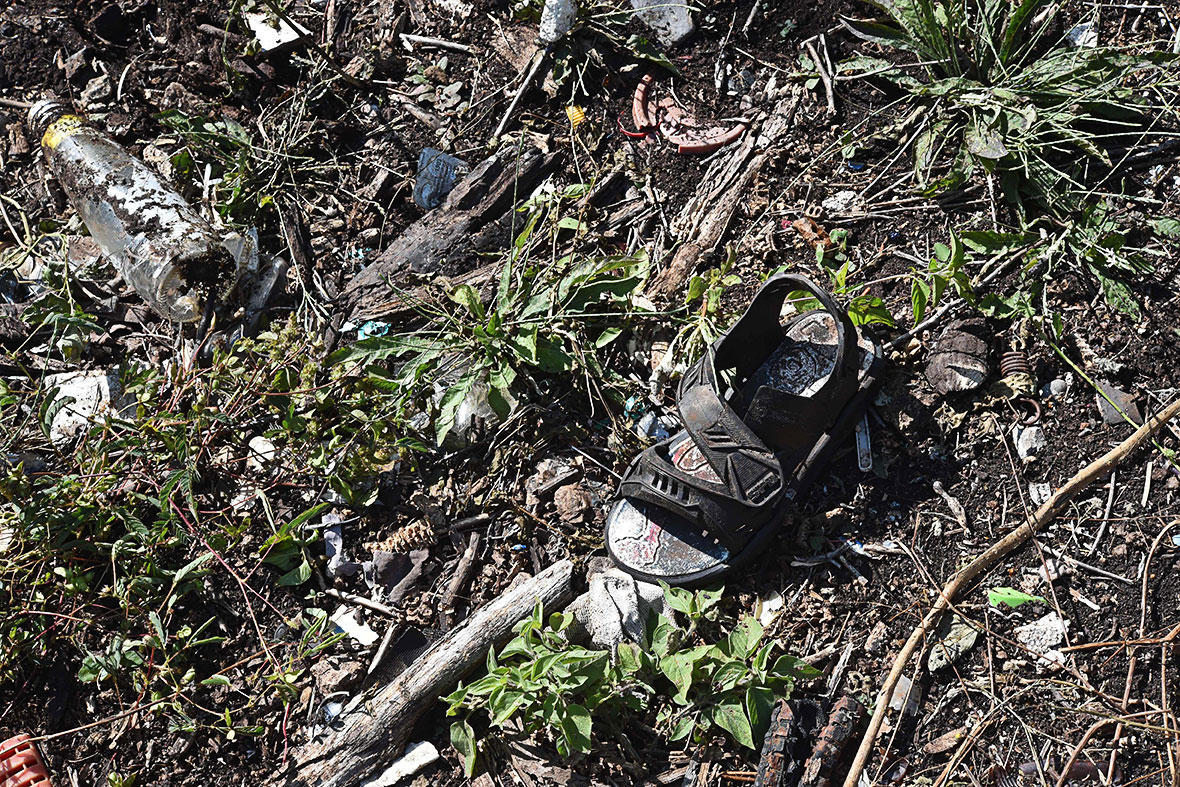
Mexican prosecutors said Tuesday that an Austrian forensics lab has been unable to find any more DNA that could be used by conventional means to identify charred remains that might be those of 42 missing college students, but said they have authorised a final, unconventional effort.
The Attorney General’s Office said the University of Innsbruck reported that “excessive heat” damaged the mitochondrial DNA in fragments of teeth and bones, “at least to the point that normal methods cannot be used to successfully analyse them.”
Failure to positively identify the remains would be a setback for the government, which has struggled with widespread, often violent protests demanding that the students be returned alive, and with relatives’ scepticism about the official belief they are dead.
The University had previously found DNA in the remains that belonged to one of the 43 students who were detained and disappeared in the southern state of Guerrero in September. Prosecutors say the students were turned over to a drug gang that killed them and then incinerated their bodies on a fuel-fed pyre, before crushing the charred remains and them in a river.
Authorities sent only 16 sets of remains to Austria, saying the rest were so badly deteriorated there was no chance of identifying them.
The university has offered to use one last technique to identify the remains, but says there is a risk the testing may destroy the samples without obtaining any useful information.
That technique is known as massively parallel sequencing, which uses many computers in coordination to perform a task.
The university said it expected the testing to take another three months, but could not give an exact date for results.
“The main risk is that the DNA extracted may be destroyed “without yielding any usable results, prosecutors cited the university as saying.
Prosecutors said, however, they had authorised the new round of testing.
Vidulfo Rosales, a lawyer representing families of the missing teachers college students, said prosecutors should have consulted the families of the missing students before making that decision.
“If these tests are done on the bone fragments, there could be practically nothing left,” Rosales told local media. “This is going to have an impact on the parents’ belief system. ... In rural tradition, mourning is highly symbolic, highly important.”
The Austrian forensics team is considered a world specialist in identifying damaged remains through DNA testing. In 2004, the lab reconstructed DNA profiles of victims of a tsunami in South Asia whose bodies had been decomposing in extreme heat and humidity.
The students went missing Sept. 26 after confrontations with police in the Guerrero state city of Iguala in which three students and three bystanders were killed. Attorney General Jesus Murillo Karam has said they were attacked by police on orders of Iguala’s then mayor, Jose Luis Abarca, who has since been detained after going into hiding.
The police and Abarca allegedly had ties to the Guerreros Unidos drug gang. Police allegedly turned the students over to Guerreros Unidos gunmen, who took them to a local dump, killed them and stacked their bodies on a pyre and used diesel, wood and old tires to burn them.
Authorities are holding more than 70 people in the case, which also forced the governor of Guerrero to resign.
Wednesday 21 January 2015
http://www.scmp.com/news/china/article/1688342/dna-tests-fail-identify-charred-bodies-search-43-missing-mexican-students

0 comments:
Post a Comment